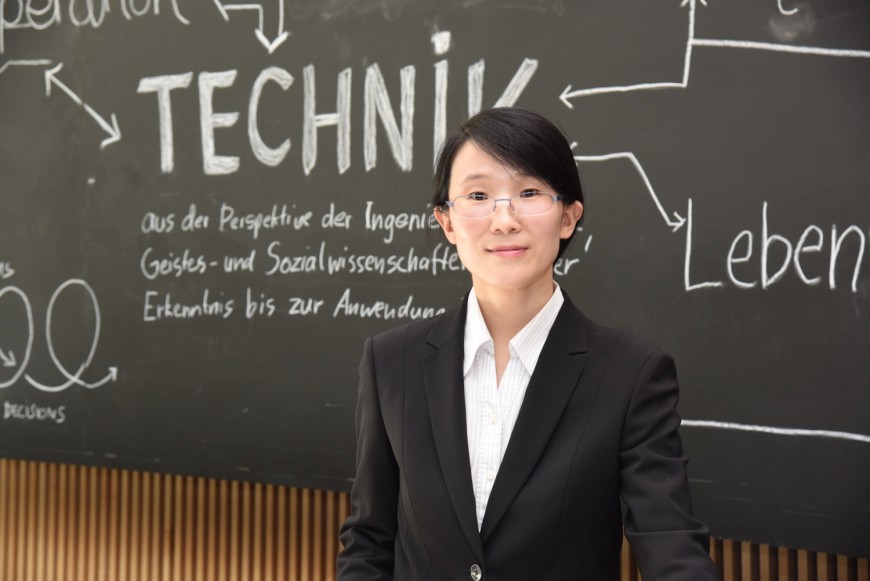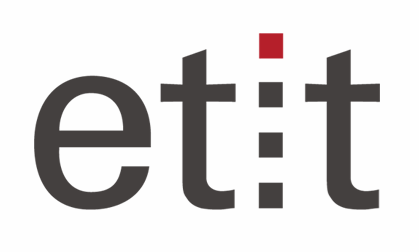New at etit: Professorin Li Zhang
2022/10/24 by TU Seite übernommen und übersetzt
Since the beginning of October, Li Zhang has been a professor in the Department of Electrical Engineering and Information Technology with a research focus on hardware for artificial intelligence. Previously, the 34-year-old was a group leader at the TU Munich. We asked Professor Zhang a few questions about her start at TU Darmstadt.

Why students should be interested in your scientific subject? What makes it exciting?
In the last decade, AI has achieved great breakthroughs and has transformed a number of industries, e.g., robotics, self-driving cars, healthcare, etc. My topic is to explore new paradigms for AI and intelligent computing from the perspective of hardware. By learning this topic, students will understand hardware, circuit design methodologies, hardware-software codesign for AI. They will be prepared not only for tasks of research and engineering, but also for intelligent design in the coming decades.
At the TU Darmstadt the need for interdisciplinarity is accentuated. Which cutting points / interfaces to other faculties exist in your area of research?
The objective of my research is to develop efficient hardware for AI, which is naturally placed between different research fields, e.g., AI algorithms and architectures, hardware design methodologies and emerging computing systems/devices. This interdisciplinary topic requires collaborations with researchers from different departments. For example, I can collaborate with researchers from the department of computer science on AI algorithms and architectures, with researchers from the department of materials science on hardware devices, and with researchers from the department of biology on brain-inspired computing.
In which faculty you would like to spend a day to get a taste of it? Why?
Department of Computer Science. In this department, the researchers have produced excellent research results on AI. If I could spend a day in this department, I would like to know the way how they organize the department, how they collaborate, their research topics, and the connection to my research topic.
If I would be a student today, I would …
… pay a lot of attention to understand the development of science to find out how new concepts and theories were developed. This would give me guidance to solve the state-of-the-art problem we face. I would select courses from different departments to find my way in the future interdisciplinary research. I would also be interested in astronomy, which provides me a chance to think out of bounds and understand research and life better.
The perfect balance to a stressful working day is …
… is talking with friends and colleagues.



